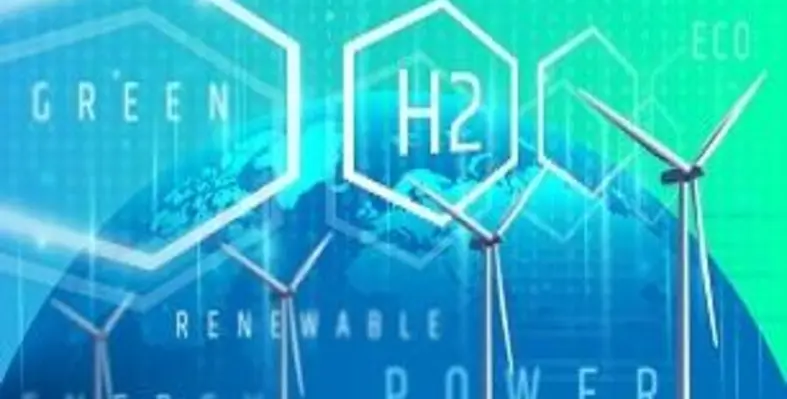The green hydrogen economy has been gaining traction across the globe as the world is moving towards de-carbonisation and greener energy
The transition towards green hydrogen is due to:
1. Increasing hydrogen demand in the field of automobile, construction, industrials, etc.
2. Renewable energy tariff and cost of electrolysers decreasing.
Green Hydrogen Developments in Africa
Africa is expected to be a preferred location for the green hydrogen economy due to its growing penetration in renewable energy, greater land availability, easy access to water sources and port facilities. Africa is also expected to be a hydrogen export hub.
Some of the recent developments in the field of green hydrogen in Africa are:
•CWP Global has signed a pact with the Mauritanian Government for a 30GW wind and solar power-to-x hub.
•HYPHEN Hydrogen Energy has been appointed as the preferred bidder to develop Namibia’s first green hydrogen project.
•Sasol has signed up for green hydrogen/ammonia feasibility study project for Boegoebaai export hub in the Republic of South Africa (RSA).
•Johannesburg, Durban/Richards, and Mogalakwena/Limpopo have been identified as three hubs for the Hydrogen Valley projects in RSA.
• Fusion Fuel and Consolidated Contractor’s Company (CCC) areset to develop a US$850mn Morocco green hydrogen project.
Challenges in the Hydrogen Economy
Apart from being a capital-intensive project, the following are some of the challenges with hydrogen projects in Africa:
•Lack of precedent transactions in the region ‒ Lenders are hesitant to take technology risks.
•EPC ‒ EPC solutions are available on a part-by-part basis. A holistic EPC solution for hydrogen plant is currently limited in the market.
•Long term offtake ‒ Ammonia trades at the spot price in the market. With green ammonia being capital-intensive, a fixed price tariff for long term shall be desirable.
•Efficiency ‒ Generally used alkaline based electrolysers have lower efficiency. Proton Exchange Membrane (PEM) electrolysers have better efficiency and better variable power response; however, PEM electrolysers are expensive compared to alkaline based.
Financial Landscape
For Africa to build a comprehensive hydrogen infrastructure, governments have started taking steps towards de-carbonisation and seeking funds for the hydrogen economy.
Lenders are hesitant for hydrogen projects owing to offtake risk and technology risk involved in the project. However, commercial banks have lent in Middle East and Europe with additional risk covers and guarantees.
DFIs are expected to finance hydrogen projects in Africa as they have mandate of green investment. For instance, IFC aims to align 85% of its investments with the Paris agreement by 2023 and 100% by 2025. However, DFIs would require additional risk covers on political and commercial grounds.
ECAs are also expected to be a major source of funding for these projects. Recently, Germany’s KFW has set plans to develop a EU€200mn green hydrogen project. Other financing structures like green bonds, infrastructure funds, etc. are also expected to be utilised for funding green projects.
Synergy Consulting is proud to be at the forefront of green hydrogen economy. Synergy is providing transactional and financial advisory services to ACME Group for its 300 MT/day green ammonia project in Oman. The project will pave the way for energy transition driven by green ammonia/hydrogen.












